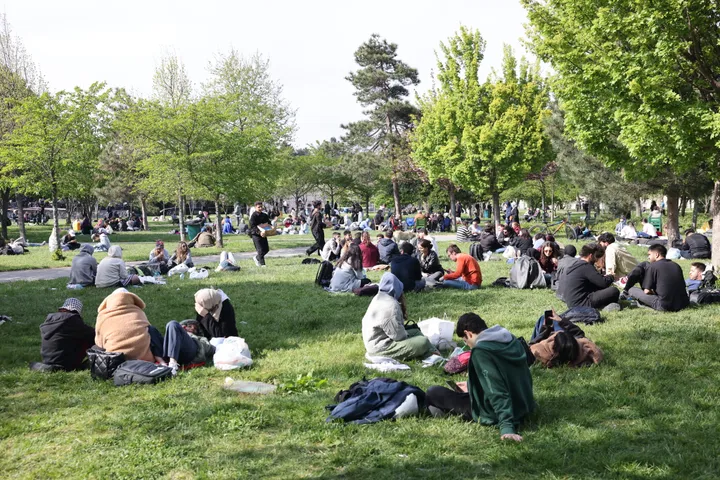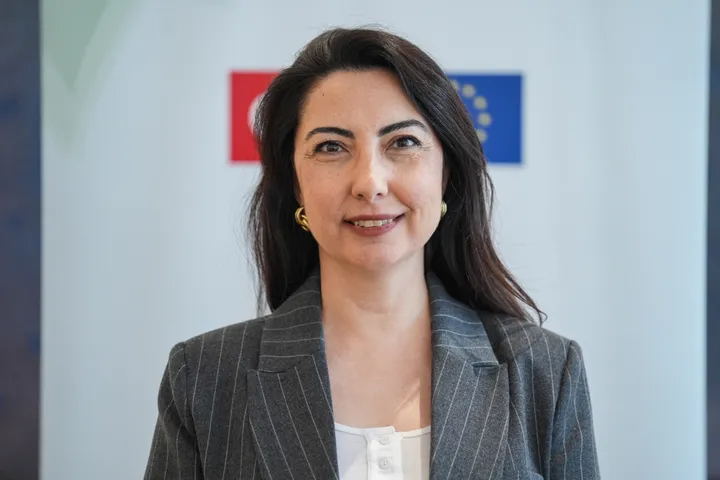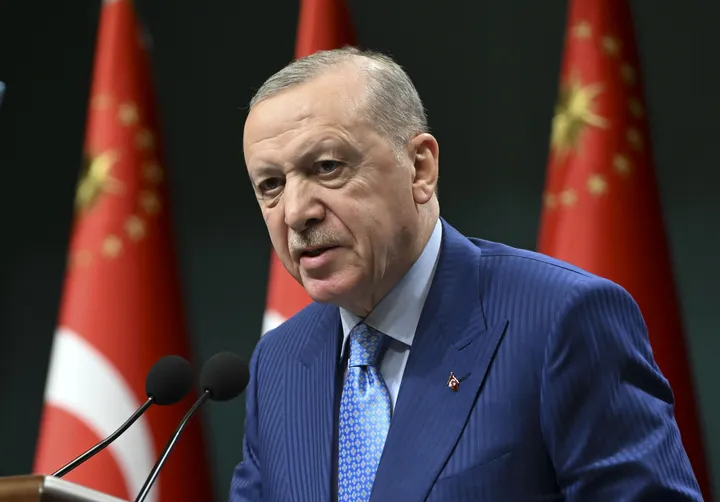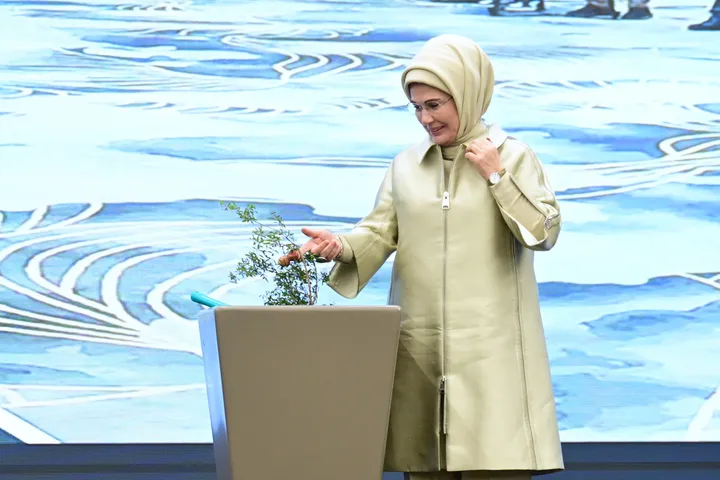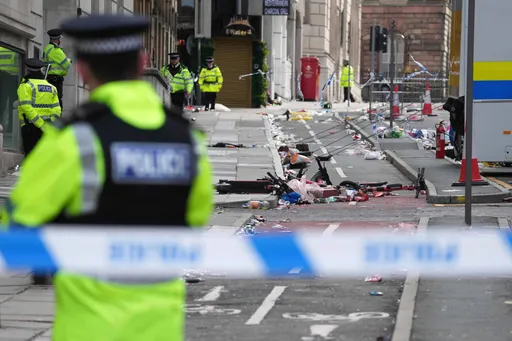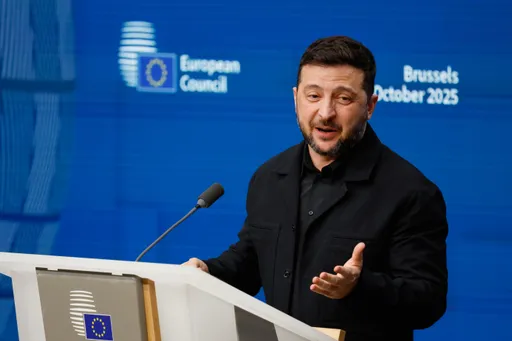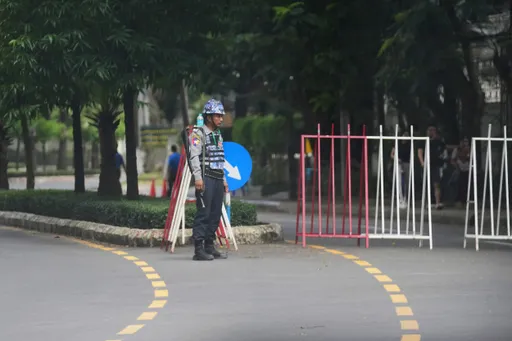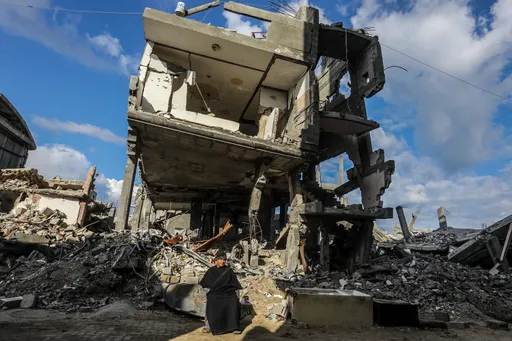What is the G20?
The G20 Summit will start in less than a day, on November 30 in the Argentinian capital city of Buenos Aires.
Every year since 1999 the 20 countries with the highest global GDP, plus the EU, come together to address global issues. Since 2008 in the aftermath of the financial crises, the heads of states have been meeting.
Inspired by the G7, which started in 1976, the G20 is an international forum for national governments and central banks' heads to meet and discuss topics like migration, climate change and the global economy.
This year's main agenda is "Cooperation in an Era of Isolationism."
In order to sustain continuity and consistency, a system called the ‘troika’ is designed where three countries – previous, present and future presidency holders, work in close cooperation and in dialogue with one another.
Germany, Argentina and Japan constituted this year’s troika since Germany held the presidency last year while Japan will hold it next year.
Working Tracks
The G20 has two working tracks:
Finance Track
The primary focus is on global economic and financial issues such as monetary, fiscal and exchange rate policies, infrastructure investment, financial regulation, financial inclusion and international taxation.
It will facilitate meetings of finance ministers and central bank governors and their deputies, which are held throughout the year.
The Sherpa Track
The focus is on broader issues such as political engagement, anti-corruption, development, trade, gender equality, energy and climate change.
Each member country attends these meetings with their respective ministers and emissaries.
Engagement Groups
Additionally, the G20 members established the Engagement Groups where representatives of different civil society stakeholders from the G20 states also meet.
"They represent the scientific and research community, the private sector and trade unions, women and young people, and non-governmental organisations. They meet in tandem with the G20 and keep up a dialogue with policymakers," according to the G20.
Agendas for the Argentina 2018 Summit
Under the theme of “Building Consensus for Fair and Sustainable Development,” the G20 in Argentina aims this year to prioritise the issues of development, fairness and sustainability.
The discussions this year revolve around the following questions:
• What is dialogue without consensus?
• What is power without fairness?
• What is development without sustainability?
Argentina has determined three issue areas under this theme.
These are the future of work, infrastructure for development, and a sustainable food future.
The future of work: Unleashing people's potential
This year's summit focuses on how to create better jobs in the age of the 'Fourth Industrial Revolution.' Education is the priority area in dealing with it.
Infrastructure for development: Mobilising private resources to reduce the infrastructure deficit
More investment in infrastructure to achieve sustainable growth wıll be another important area where private investment plays a key role.
A sustainable food future: Improving soils and increasing productivity
The G20 countries hold the majority of food production capacity, therefore they want to address sustainable agriculture on a global level.
But there is also criticism of the G20.
Criticisms
The G20's legitimacy has been questioned due to various reasons.
One is Africa's absence.
A 2011 report from the Danish Institute for International Studies emphasised the issue of under-representation in the African continent and the G20's practice of inviting observers from non-member states as a mere "concession at the margins which does not grant the organisation representational legitimacy."
Whereas the EU is part of the G20, the African Union's chair is invited as a guest together with another African state, this year Rwanda and Senegal respectively.
But they remain as guests, not members will the full rights of policy-making.
Furthermore, the criteria that countries with the largest GDP are the only ones invited is not strictly adhered to.
Spain, the 14th largest GDP in 2017 and the Netherlands, the 18th largest, and Switzerland, the 20th largest, are not part of the Group of Twenty – which makes sense since Europe is over-represented together with the EU.
The G20 is only bringing 20 states together, out of an international community of 196 states. Even though these 20 states represent 85 percent of global GDP, their legitimacy seems doubtful when it comes to addressing problems predominantly affecting poorer parts of the world.
In the end, the Group of Twenty is a collective concurrence neither replacing the UN nor capable of dealing with global issues as the UN.

